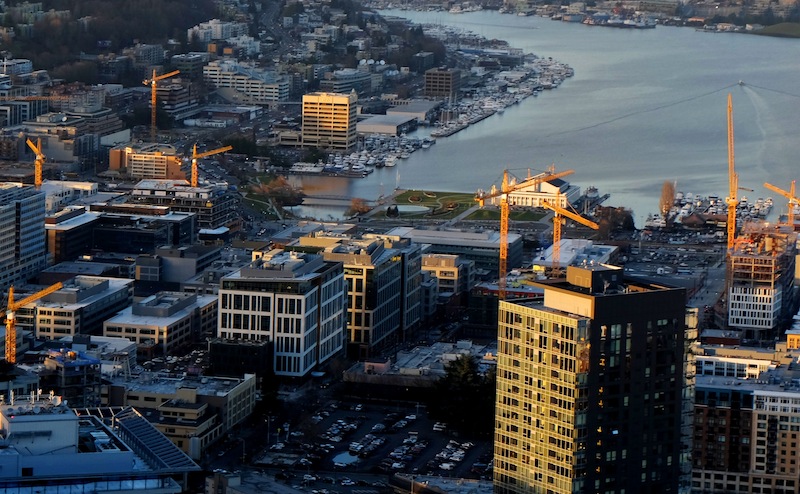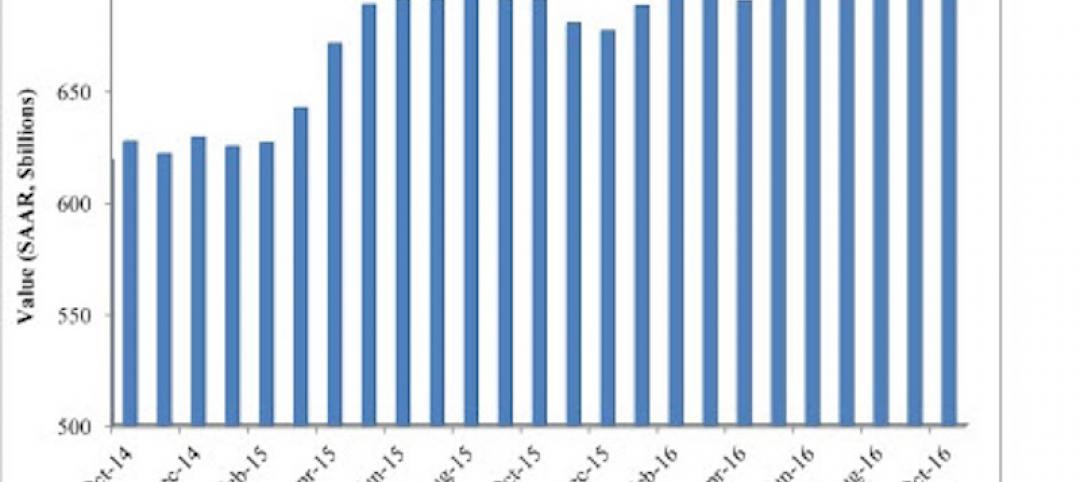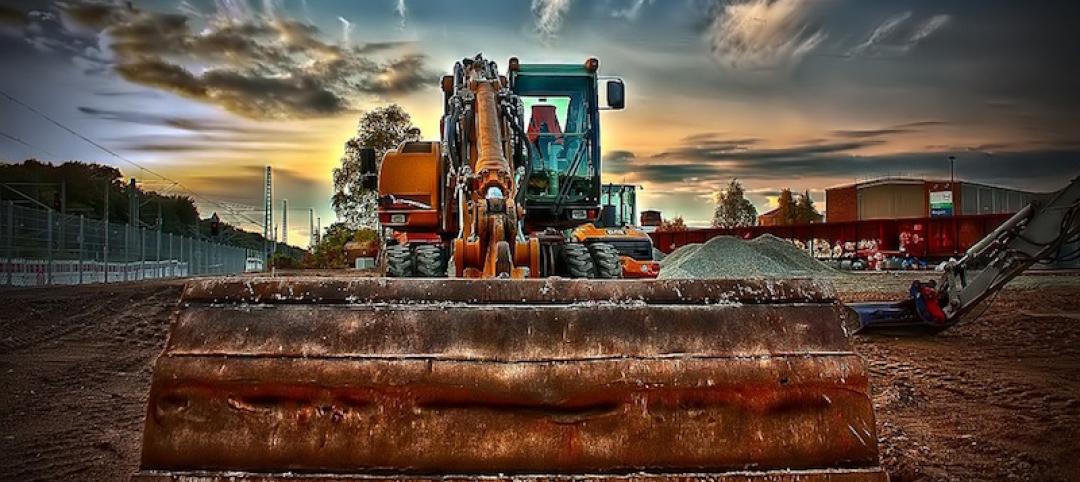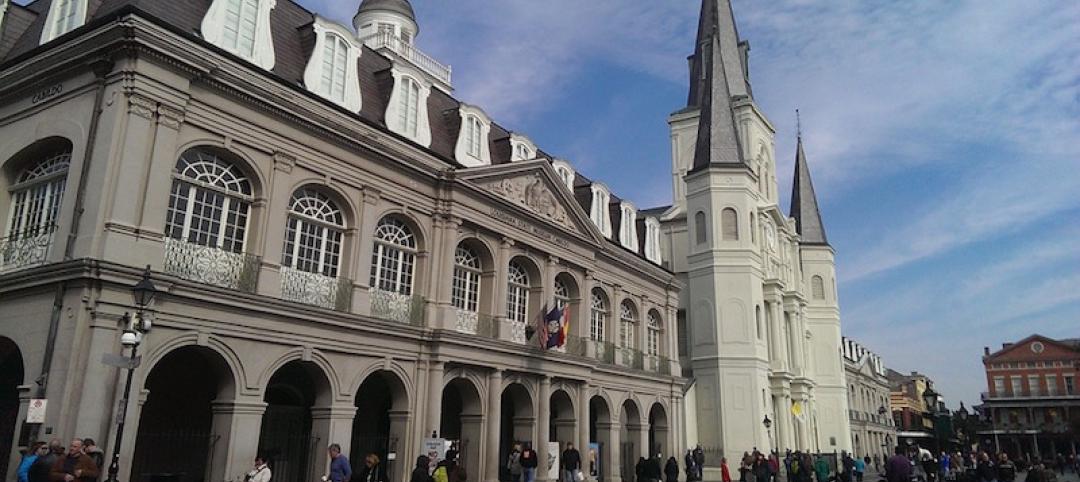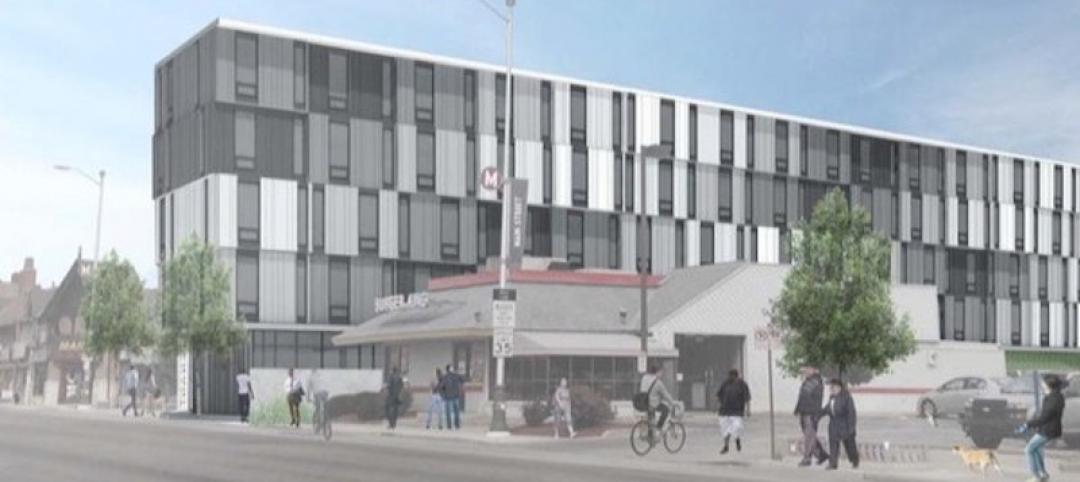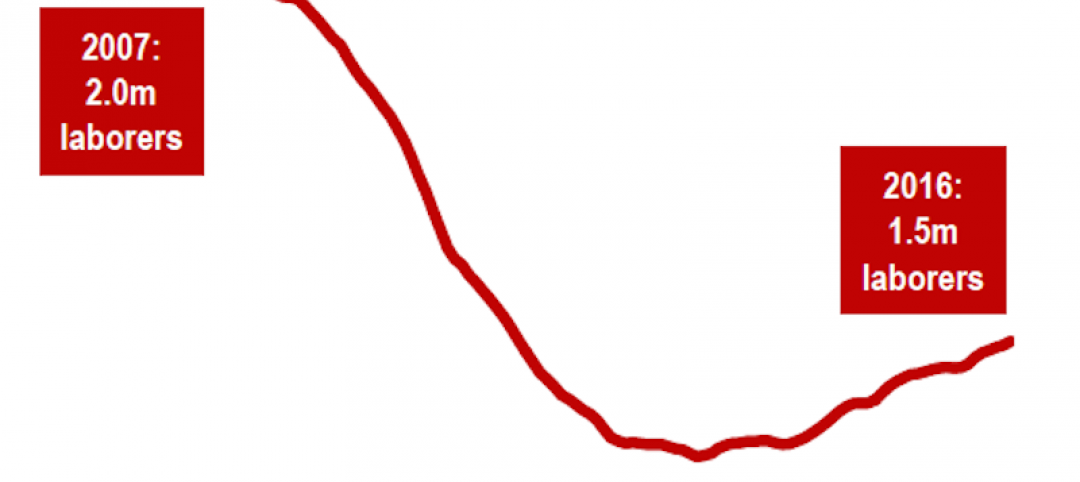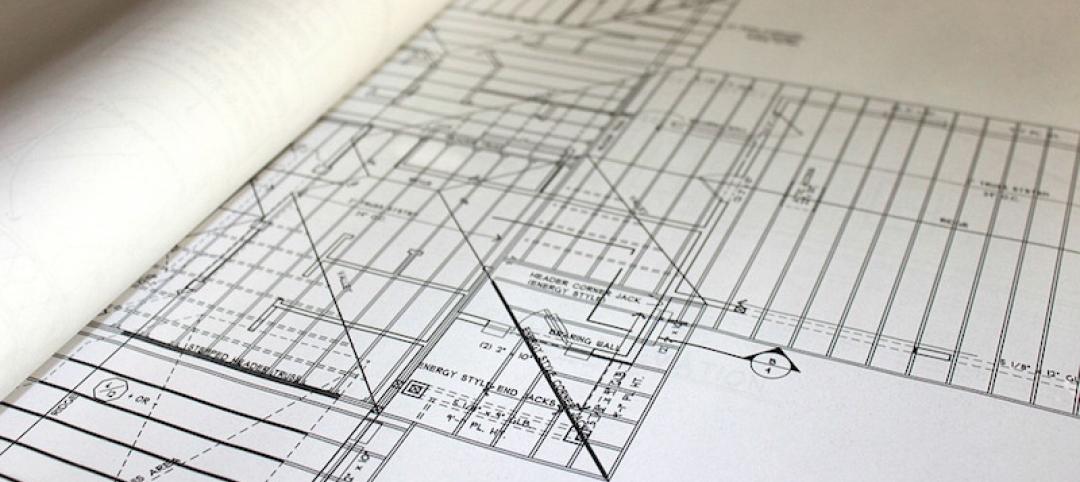Construction in downtown Seattle is booming.
At least one construction project has broken ground each week, on average, since the start of 2016. The Downtown Seattle Association’s Mid-year Development Guide estimates there are more buildings under construction in this metro’s downtown area now than at any time in the past 11 years.
“With a strong and growing economy, a large anchor office tenant and a portfolio of companies that is both diversifying and expanding, demand for space remains high,” states the Guide, which is based on research generated by the Metropolitan Improvement District’s Business Development & Market Research team. “Downtown Seattle development is poised to continue delivering new inventory in a number of sectors at a solid pace.”
According to the website Sperling’s Best Places, Seattle’s unemployment rate is 4%, and the metro is expected to increase its jobs by 41.3% over the next 10 years (compared to 36.1% for the U.S. as a whole).
The Association’s President and CEO, Jon Scholes, attributes this construction boom, in part, to decisions by major employers to locate in the heart of the city. “This continued progress is a result of public and private collaboration focused on the core fundamentals of successful urban places including protecting the retail core, supporting arts and culture and investing in transit and multi-family housing. This development activity is supporting construction and related jobs, increasing density and walkability, and producing more housing stock.”
Sixty-five buildings are under construction in downtown Seattle, nearly all of which are scheduled for delivery next year, which would be more than in any prior year since the Association started tracking this metric. The $3.5 billion that’s currently invested in downtown development is more than two times the $1.6 billion that were invested five years ago.
This recent construction activity is helping to resuscitate construction employment in Seattle, which in the first quarter of 2016 rose to around 96,000, according to the Washington Employment Security Department.
The multifamily construction sector in this market’s downtown is particularly strong. Downtown has added more than 12,000 units since 2010, and set a record with 3,600 deliveries in 2015 alone. However, the vacancy rate for 50-unit and larger properties in King and Snohomish counties (Seattle and its suburbs) stands at 3.86% (excluding new construction), a new low for the region, according to Apartment Insights Washington, which tracks real estate activity in the state.
The Downtown Seattle Association estimates there are now 43 residential buildings under construction, and 708 units having been completed so far this year. The downtown area is on track to complete another 8,661 units by the end of 2017. There are also more than 20,000 residential apartments scheduled for completion after 2017 (although most of these are currently in pre-construction phase).
In 2015, 2.7 million sf of office space were delivered. And there are 14 million sf of office space in the development pipeline, or more than had been developed in this metro’s downtown aggregately in the last 11 years. Within the past 18 months, more than 3 million sf of new office space were completed, and 6 million sf are under construction. Amazon’s expansion in the South Lake Union and Denny Triangle neighborhoods accounts for more than 2 million sf of office space that’s under construction. Ultimately, Amazon may occupy more than 12 million sf of downtown office space in Seattle.
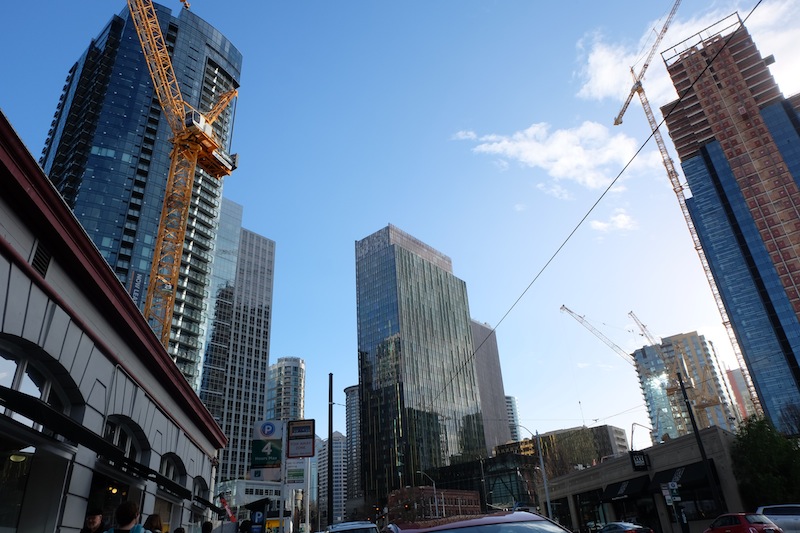
Fourteen million sf of office space are in the development pipeline in downtown Seattle, more than had been developed there aggregately in the past 11 years. Image: Downtown Seattle Association
Other office construction projects of note include Madison Centre (746,000 sf), The Mark (538,000 sf), and Midtown 21 (365,000 sf). “With companies such as Facebook, F5 and Amazon expanding their presence, and new to Downtown companies like Expedia, Google and Weyerhaeuser adding their workforces to the mix, demand is poised to continue to be robust,” the Association states.
The hotel sector is another example of how Downtown Seattle has flipped the switch. It already has 14,000 hotel rooms, but from 2011 through the first half of 2016, fewer than 700 rooms were added. Now, there are 1,471 rooms scheduled for completion in 2017, and another 1,468 in 2018.
Prominent projects include R.C. Hedreen’s 8th and Howell, a 1,260-room convention hotel that is currently in the demolition, shoring, and excavation phase.
To view an interactive development and construction projects map, click here.
Related Stories
Market Data | Dec 2, 2016
Nonresidential construction spending gains momentum
Nonresidential spending is now 2.6 percent higher than at the same time one year ago.
Market Data | Nov 30, 2016
Marcum Commercial Construction Index reports industry outlook has shifted; more change expected
Overall nonresidential construction spending in September totaled $690.5 billion, down a slight 0.7 percent from a year earlier.
Industry Research | Nov 30, 2016
Multifamily millennials: Here is what millennial renters want in 2017
It’s all about technology and convenience when it comes to the things millennial renters value most in a multifamily facility.
Market Data | Nov 29, 2016
It’s not just traditional infrastructure that requires investment
A national survey finds strong support for essential community buildings.
Industry Research | Nov 28, 2016
Building America: The Merit Shop Scorecard
ABC releases state rankings on policies affecting construction industry.
Multifamily Housing | Nov 28, 2016
Axiometrics predicts apartment deliveries will peak by mid 2017
New York is projected to lead the nation next year, thanks to construction delays in 2016
Market Data | Nov 22, 2016
Construction activity will slow next year: JLL
Risk, labor, and technology are impacting what gets built.
Market Data | Nov 17, 2016
Architecture Billings Index rebounds after two down months
Decline in new design contracts suggests volatility in design activity to persist.
Market Data | Nov 11, 2016
Brand marketing: Why the B2B world needs to embrace consumers
The relevance of brand recognition has always been debatable in the B2B universe. With notable exceptions like BASF, few manufacturers or industry groups see value in generating top-of-mind awareness for their products and services with consumers.
Industry Research | Nov 8, 2016
Austin, Texas wins ‘Top City’ in the Emerging Trends in Real Estate outlook
Austin was followed on the list by Dallas/Fort Worth, Texas and Portland, Ore.


